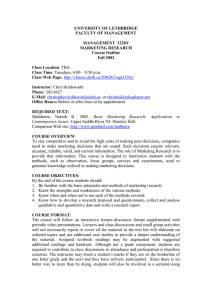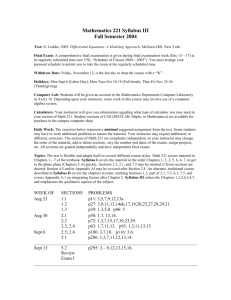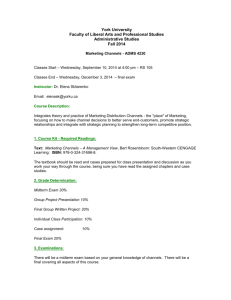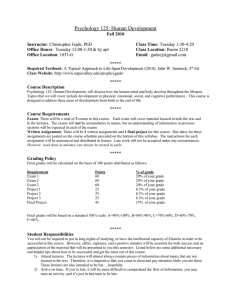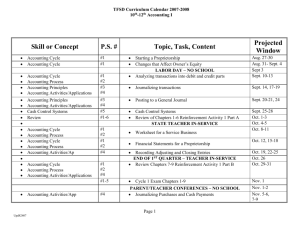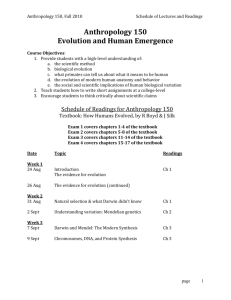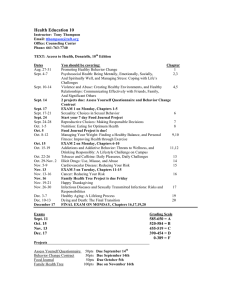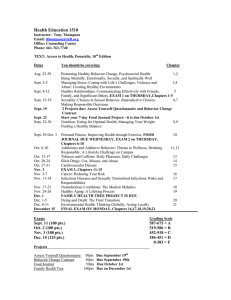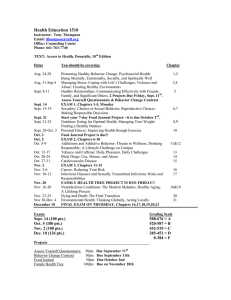This is a test - Bloustein School of Planning and Public Policy
advertisement
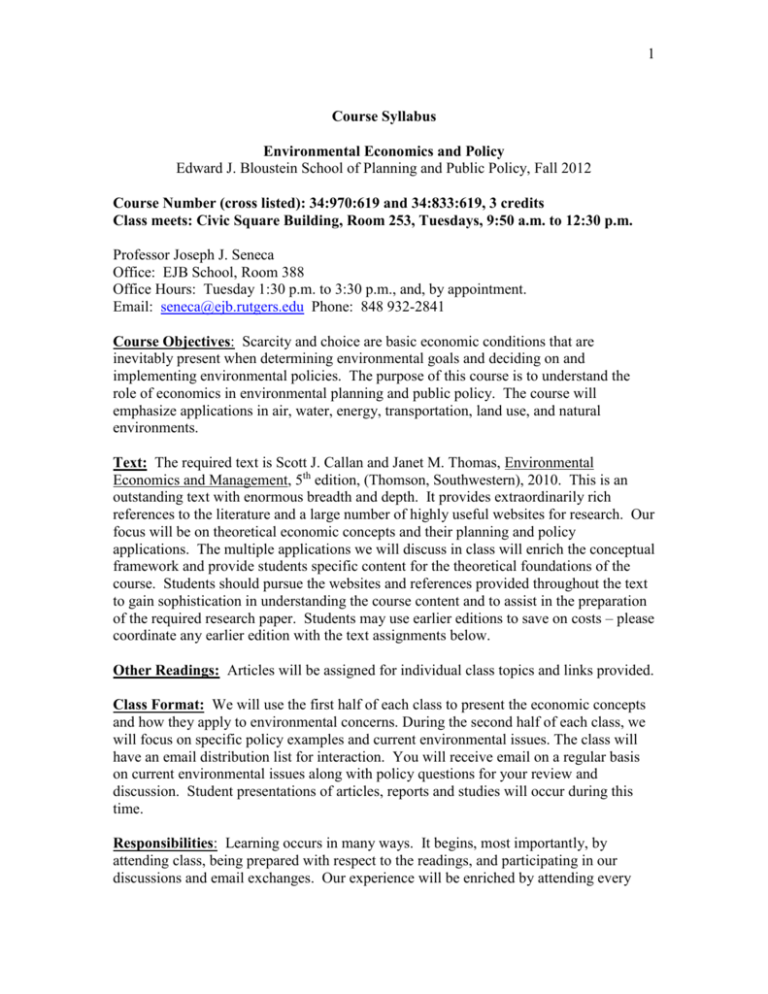
1 Course Syllabus Environmental Economics and Policy Edward J. Bloustein School of Planning and Public Policy, Fall 2012 Course Number (cross listed): 34:970:619 and 34:833:619, 3 credits Class meets: Civic Square Building, Room 253, Tuesdays, 9:50 a.m. to 12:30 p.m. Professor Joseph J. Seneca Office: EJB School, Room 388 Office Hours: Tuesday 1:30 p.m. to 3:30 p.m., and, by appointment. Email: seneca@ejb.rutgers.edu Phone: 848 932-2841 Course Objectives: Scarcity and choice are basic economic conditions that are inevitably present when determining environmental goals and deciding on and implementing environmental policies. The purpose of this course is to understand the role of economics in environmental planning and public policy. The course will emphasize applications in air, water, energy, transportation, land use, and natural environments. Text: The required text is Scott J. Callan and Janet M. Thomas, Environmental Economics and Management, 5th edition, (Thomson, Southwestern), 2010. This is an outstanding text with enormous breadth and depth. It provides extraordinarily rich references to the literature and a large number of highly useful websites for research. Our focus will be on theoretical economic concepts and their planning and policy applications. The multiple applications we will discuss in class will enrich the conceptual framework and provide students specific content for the theoretical foundations of the course. Students should pursue the websites and references provided throughout the text to gain sophistication in understanding the course content and to assist in the preparation of the required research paper. Students may use earlier editions to save on costs – please coordinate any earlier edition with the text assignments below. Other Readings: Articles will be assigned for individual class topics and links provided. Class Format: We will use the first half of each class to present the economic concepts and how they apply to environmental concerns. During the second half of each class, we will focus on specific policy examples and current environmental issues. The class will have an email distribution list for interaction. You will receive email on a regular basis on current environmental issues along with policy questions for your review and discussion. Student presentations of articles, reports and studies will occur during this time. Responsibilities: Learning occurs in many ways. It begins, most importantly, by attending class, being prepared with respect to the readings, and participating in our discussions and email exchanges. Our experience will be enriched by attending every 2 class and engaging in discussion with each other as a community of learners. Since the class meets only once a week, attendance is expected at every class. Students should always be aware of the University Policy on academic integrity (see, http://academicintegrity.rutgers.edu/students.shtml). Requirements: Please note these dates in your calendar and plan your work accordingly. There will be a Mid-term Exam (23 Oct) and there is a research paper requirement. A list of possible research topics and sources is provided separately. Students are, of course, free to select any topic they wish in consultation with me. Students will submit a two-page description of a proposed topic for the research paper and an initial bibliography by Friday, 5 October. A first draft of the paper is due Friday, 30 November, and the final version is due Monday, 17 December. Papers should be approximately 20 pages in length, double-spaced. Course Sequence: The outline below provides the sequence of course topics and the associated readings in the text. There will be class discussion of applications of the economic concepts in the context of current planning and policy issues in each session. I. Foundations of Environmental Policy Chapter 1 (7 Sept - FRIDAY) II. Markets and Prices Chapter 2 (11 Sept) III. When Markets Fail Chapter 3 (18 Sept) IV. Regulations and Market Solutions Chapter 4 and 5; (25 Sep and 2 Oct) V. Environmental Risks Chapters 6 and 7 (9 and 16 Oct) MID TERM EXAM (in class - - 23 OCTOBER 2012) VI. Benefits and Costs Chapter 8 and 9 (30 Oct and 6 Nov) VII. Air Quality Chapters 10-13 VIII. Water Quality Chapters 14-16 (16 and 20 Nov) Note 16th is FRIDAY (27 Nov) IX. Sustainable Economic Development Chapters 20, 21 (4 and 11 Dec) RESEARCH PAPER DUE: 17 DECEMBER 2011
